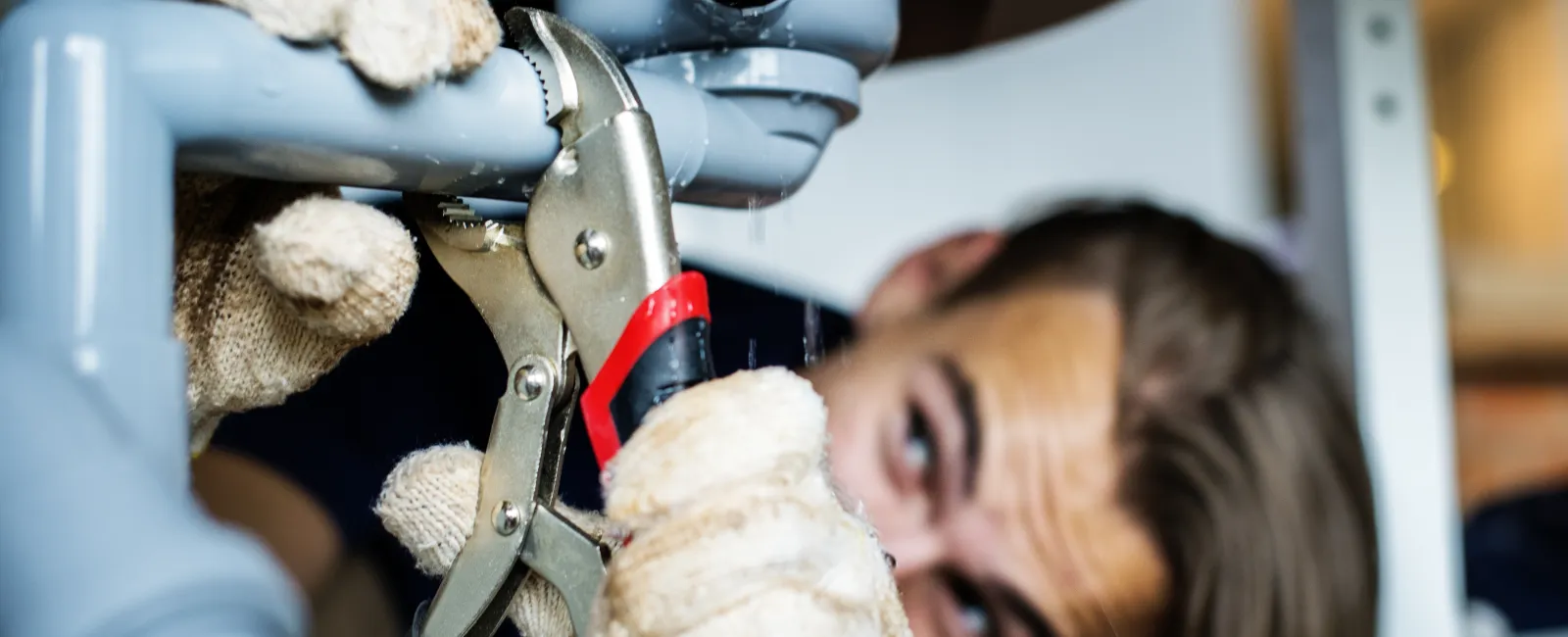Experts have understood for months that the novel coronavirus, which causes COVID-19, can be spread by the respiratory droplets from coughing, sneezing, or talking. But there's been evidence that smaller airborne particles called aerosols can carry the virus, too.
Public health authorities have determined that people need to be exposed to a certain concentration of the virus before becoming infected, though they still aren't sure what the infectious dose is. But now there's growing evidence that despite their smaller size the aerosol particles can, in a high enough concentration, cause infection. And while the typical precautions, like wearing face masks and social distancing, can prevent the spread of COVID-19 through respiratory droplets, aerosols hang in the air for hours. As a result, aerosols require different preventative methods — and that's where HVAC systems come in.
First, the facts:
Aerosol transmission is less of a concern outdoors because in wide-open spaces, these particles are quickly scattered and diluted, making it harder for an infectious concentration to accumulate, according to Lisa M. Brosseau, a research consultant at the University of Minnesota's Center for Infectious Disease Research and Policy. But indoors, especially if the ventilation is outdated, it's much more likely aerosols will accumulate.
The good news is there are ways to dilute and clear out aerosols from indoor spaces. And it all has to do with improving air quality through ventilation.
How to decontaminate indoor air:
The quickest way to prevent accumulation of infectious aerosols is to open a window. By forcing fresh air in, some of the contaminated air will make its way outside. But at the peak of summer or even fall in Georgia, opening up the windows might not be the most practical solution.
A better option for year-round clean air circulation are heating, ventilation and air conditioning (HVAC) systems. But since directly circulating air around the building could end up spreading the virus, you have to replace the air itself. There are two ways to do so. The first is simply to bring in outside air and exhaust air from the room. The other is to use high-efficiency filters that effectively remove virus-containing particles from the air.
How HVAC filters can remove the virus from the air:
To enhance air quality and reduce the spread of virus particles, filters play a crucial role by capturing these particles through physical trapping with fine filters and using electrostatic attraction. Filters with a higher Minimum Efficiency Reporting Value (MERV) are more effective at capturing particles, but they also require more force from HVAC systems to push air through.
For effective indoor COVID-19 transmission reduction, a MERV rating of at least 13 is recommended by the American Society of Heating, Refrigerating and Air-Conditioning Engineers (ASHRAE). While ASHRAE does not suggest major HVAC system modifications, upgrading to higher MERV filters can be a practical step for many homeowners.
However, simply changing filters may not suffice. Pre-pandemic guidelines from the Centers for Disease Control and Prevention (CDC) suggest achieving "airborne infection isolation" by stopping aerosols smaller than 5 microns, which requires buildings to perform six air changes per hour. Currently, most commercial buildings achieve only one or two air changes per hour. To meet the CDC standards, using in-room standalone high-efficiency particulate air (HEPA) filter cleaners is recommended to supplement the additional air changes needed.
So what are the drawbacks to relying on HVAC filtration?
The cost of extensive commercial filtration can be expensive. A commercial-sized MERV-13 filter can cost three to four times more than a lower-standard filter, and portable air cleaners can be up to $1,000 each, so offices and schools would be making a significant investment.
Ultimately, HVAC systems can't guarantee 100 percent safety. The air changes and filters are meant to dilute and clean the air to prevent the build-up of aerosols. But there's no guarantee that a filter or ventilation system will absorb every aerosol before a person inhales it, particularly if a lot of people are close together for extended periods of time. It can only reduce the risk.
Overall, current evidence points to the safest option as taking a combination of measures to prevent the spread of COVID-19, from air purification to mask wearing and hand washing.
It's more important than ever to keep up with your HVAC maintenance, and there are a variety of benefits to having an air purification system in place. An experienced, well-trained HVAC provider can explain if a whole-house air cleaning system is right for your home and detail the different installation methods.
At Shumate, we follow CDC guidelines and are up-to-date on all safety protocols. We are listening to our customers' needs and circumstances to better fit each service to that particular home. If you need us for anything at all, please just give us a call at anytime: 615-499-3001.

